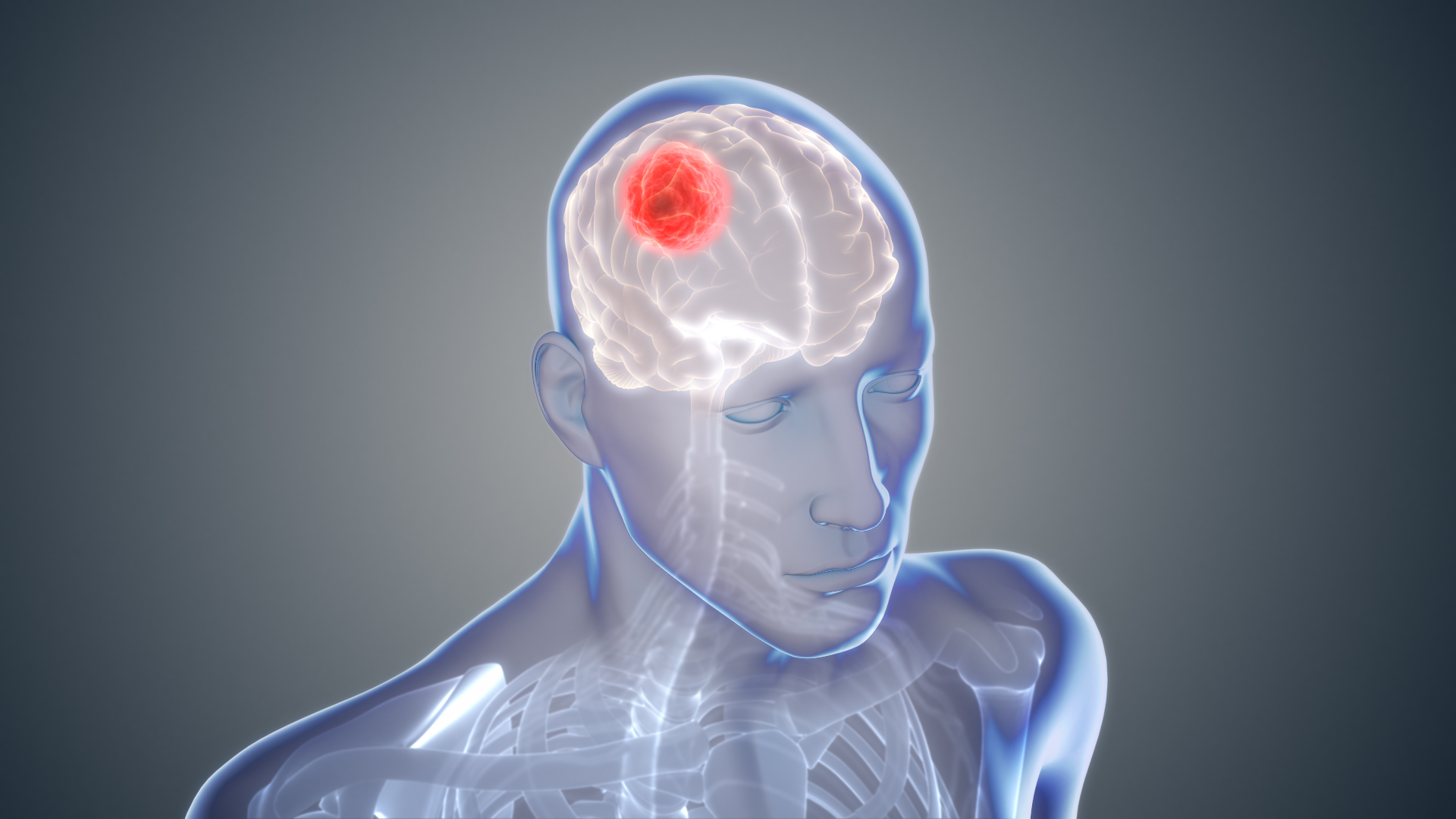Based on the type of brain cell from which the tumor originates, a brain tumor may be classified as Glioma, Astrocytoma, or Meningioma. Neuroblastoma is the tumor of the central nervous system which typically affects children.
Glioblastoma is the most lethal and aggressive form of brain tumor in adults.
Treatment advances for patients with glioblastoma have been rare. With current standard care, half of glioblastoma patients die within 15 months of diagnosis.
Recent studies, however, have raised hopes that immunotherapy, an effective proven therapy for most types of cancers, may be able to reverse this trend.

Let’s talk about a promising experimental vaccine therapy for treating glioblastoma patients.
Since dendritic cells are mainly involved in setting up immune responses, vaccines composed primarily of these cells are being studied as potential therapies for glioblastoma.
These vaccines are manufactured through a complex process that involves collecting immature immune cells from each patient, coaxing them to develop into dendritic cells, and then engineering them to produce a tumor-specific immune response when they’re administered back to the patient. The vaccines are, hence, patient specific.
Striking immune responses to the study regimen and equally striking survival times for brain tumor patients were noted.
So here’s what happened during the trial…
For reasons unknown, glioblastoma cells, unlike healthy brain cells, tend to express antigens that are induced by cytomegalovirus (CMV) infection. Dr. Sampson, chair of neurosurgery at Duke, with his team at Duke Cancer Institute, has developed a dendritic cell vaccine that is engineered to target these antigen producing cells. CMV protein is often present in the tumor itself but absent in other brain regions.
This treatment was distinct for its intense dose regimen of the vaccine; instead of receiving the chemotherapy for 5 consecutive days, patients were given the drug for 21 days straight.
The median progression-free time (average time taken for the tumor to regrow after treatment) lengthened to 25.3 months instead of the typical 8 months observed in patients given the standard treatment.
The dendritic cell vaccine targeting CMV protein was then administered in conjunction with a high dose of temozolomide, a chemotherapy drug. Among the 11 patients in the study, the median survival time was 41.1 months- a staggering increase from 14.6 months for patients who received standard treatment. In this study, 4 out of 11 patients survived for more than 5 years after vaccine.
Interestingly, a further clinical trial of the vaccine carried out in combination with tetanus and diphtheria (Td) vaccine resulted in an increased average survival by 3 years, in comparison to patients who received the dendritic cell vaccine alone.
Glioblastoma: The Cancer of Brain
Glioblastoma multiforme is difficult cancer to treat and this makes it universally fatal. Surgery, chemotherapy and radiation therapy performed in combination, rarely extend the patients’ survival beyond two years. Read More..








